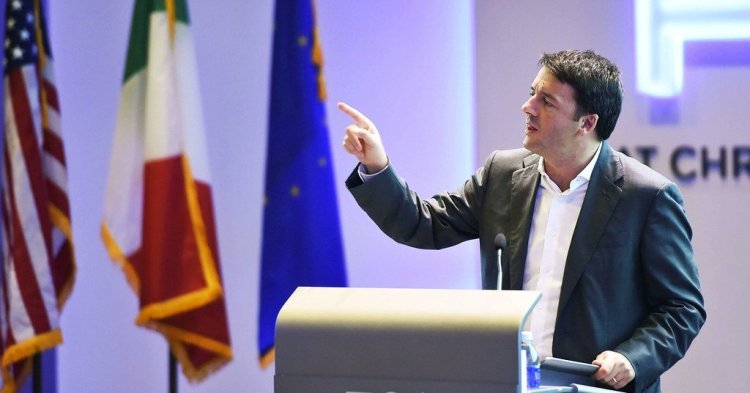Giuseppe Conte’s second government took office on September 5th 2019, after some turmoil occurred within his first government, the Conte I. Arguably the ‘institutional’ rabbit-out-of-the-hat front-man of the 5-Star-Movement (Movimento 5 Stelle – unaffiliated), Conte was able to form his second government thanks to a deal between the 5-Star-Movement, the Democratic Party (Partito Democratico – S&D), Italy Alive (Italia Viva – RE) and Italian Left (Sinistra Italiana – not in the EP). As a government formed to avoid anti-European forces from holding power in the country’s second highest institution thanks to a strong push by Italia Viva itself, it puts together forces with very diverse backgrounds. Agreements among its components have often proven difficult to strike and to uphold. While the Covid-19 pandemic may have aided its cohesion for some time, the events of the last months have made one of its components, Italia Viva, skeptical about keeping it alive.
This skepticism became action on 13th January, when during a press conference held by Matteo Renzi – former President of the Council of Ministers, the head of Italy Viva, and the members of the government part of Italia Viva, the party announced the withdrawal of its delegation from the Conte I. This was something that was talked about in the days preceding the press conference, and something seen as a possibility in recent months.
Leaving aside what could be defined as profound ideological differences setting apart the Five-Star-Movement and Italia Viva, the main reasons the party lead by Matteo Renzi invoked this move are strictly tied to the way the Italian government is preparing for the reception of the grants and loans deriving from the European Union’s Recovery Plan and how it is managing the current phases of the pandemic response. Objects of internal criticism, in this respect, have been the Five-Star-Movement’s unwillingness to activate the ESM’s special pandemic relief line of funding, and the centralised role of Giuseppe Conte and some of his entourage has been accused of playing in pandemic-related communication to the public and in vaccine distribution. On top of all this, Italia Viva is worried by the fact that Giuseppe Conte has been holding the office pertaining to intelligence in his own hands – an office which is traditionally held by another person serving at the pleasure of the President of the Council of Ministers, a possibility offered by the law. As has often occurred in recent years, the weight European issues have on Italian politics directly or indirectly effects the way it works.
This is not only true in Italia Viva’s spin on the story, but also in the spin the forces remaining within the perimeter of the government give to it. Denouncing Italia Viva’s – in particular Matteo Renzi’s – alleged irresponsibility especially considering the current situation, the Five-Star-Movement, the Democratic Party and Italian Left say the move may jeopardize not only the government’s and the country’s struggle in countering the pandemic, but also Conte and his government’s long-worked-on credibility in the eyes of European institutions and partners. By beating on the drum of Renzi’s supposed will to more power and stating his move is incomprehensible, it seems what remains of the government is playing the public opinion’s right string, since Renzi, after his 2016 referendum defeat, is arguably one of the least appreciated politicians according to popular polls.
While in the meantime Italia Viva’s move has received some approval by Renew Europe in the form of a statement issued by Dacian Cioloș, it seems like the party which provoked the situation might be open to giving Conte another chance. As customary in Italian parliamentary tradition, informal talks have been taking place among political forces of any size and shape to see if numbers may somehow add up and keep the current government alive, and news of possible schisms within Italia Viva itself or of looming anticipated elections might be making Renzi and his own think it might be smart to give it another go while trying to get some more concessions out of his renewed participation in the wobbling coalition government.
A couple of very intense days are in front of the men and women sitting in the Italian Parliament and in newsrooms around the country and continent. On a lighter note, this reminds me of an encounter I had with Michael Dobbs, the author of the House of Cards novels in 2014, when Renzi himself was President of the Council of Ministers. During a meal he told the table that he had recently met Renzi, a self-proclaimed fan of his. Knowing the President’s political cunning, he had decided to gift him with an autographed copy of his book, with a special dedication: “Matteo, remember this is only fiction”. Hoping my memory isn’t failing me, I will keep my eyes open to possibly witnessing one more act of Renzi’s political cunning unfold – if cunning, and not miscalculation.

Follow the comments: |
|
